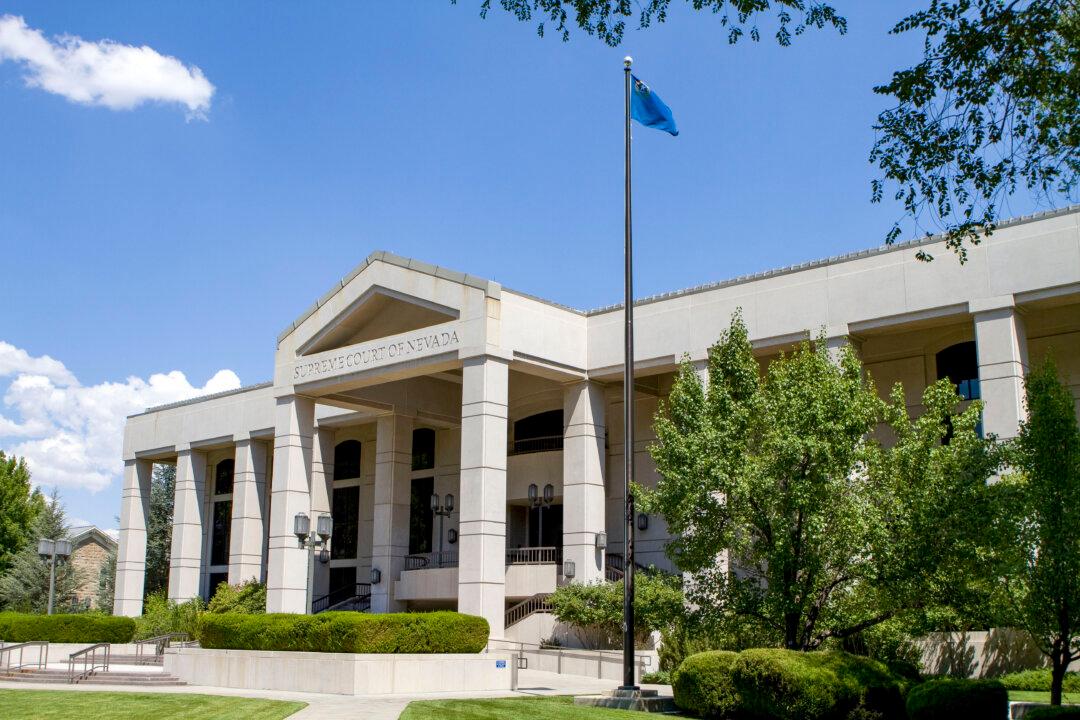The Nevada Supreme Court has overturned a lower court ruling that deemed the Nevada State Board of Pharmacy’s designation of marijuana as a schedule I drug as unconstitutional, allowing the board to continue classifying cannabis as a controlled substance on par with cocaine and heroin.
In their Aug. 5 ruling, all seven justices on the Nevada Supreme Court determined that the lower court’s decision, which found the pharmacy board’s classification of marijuana as a controlled substance in violation of the state constitution, was incorrect on procedural grounds, including lack of standing.





